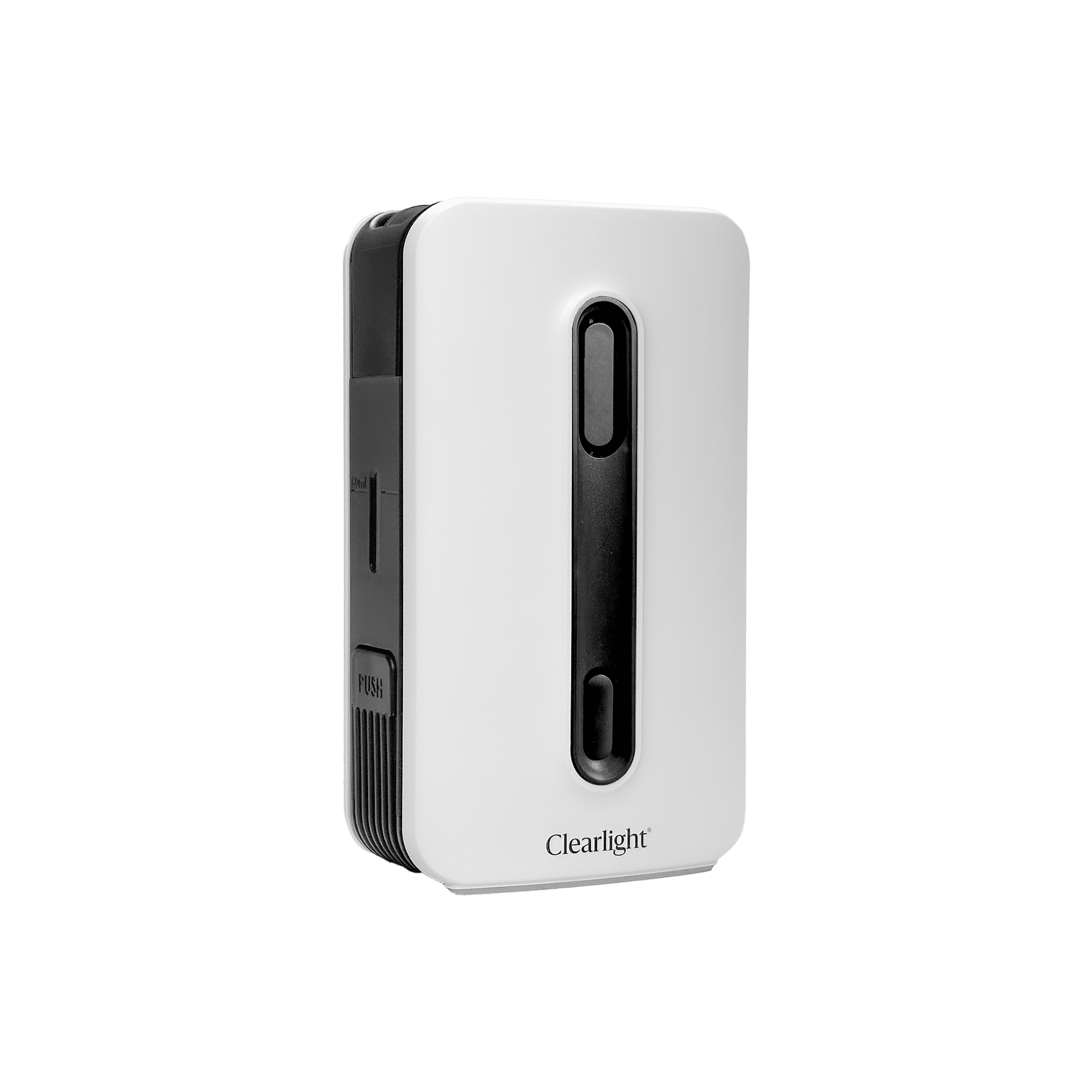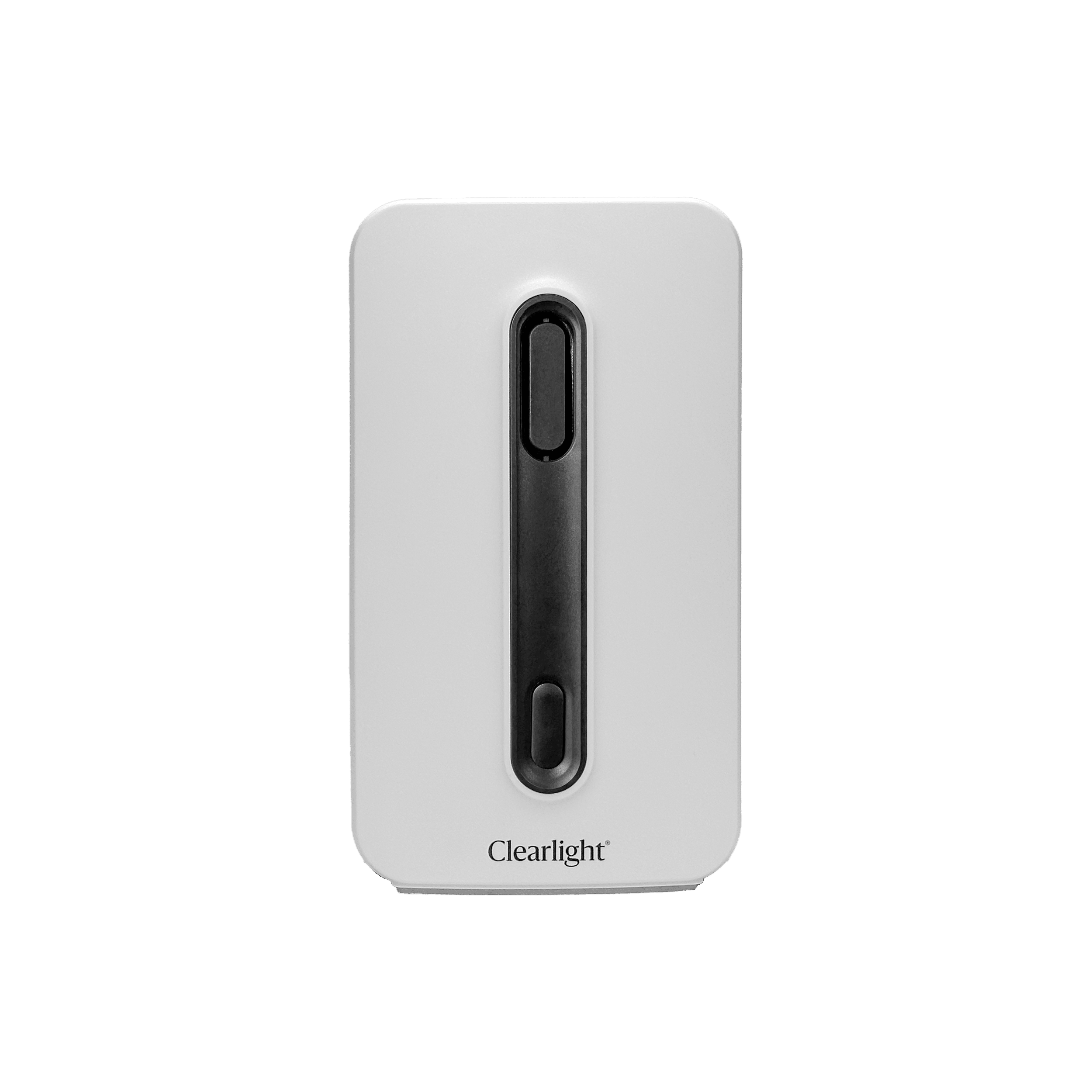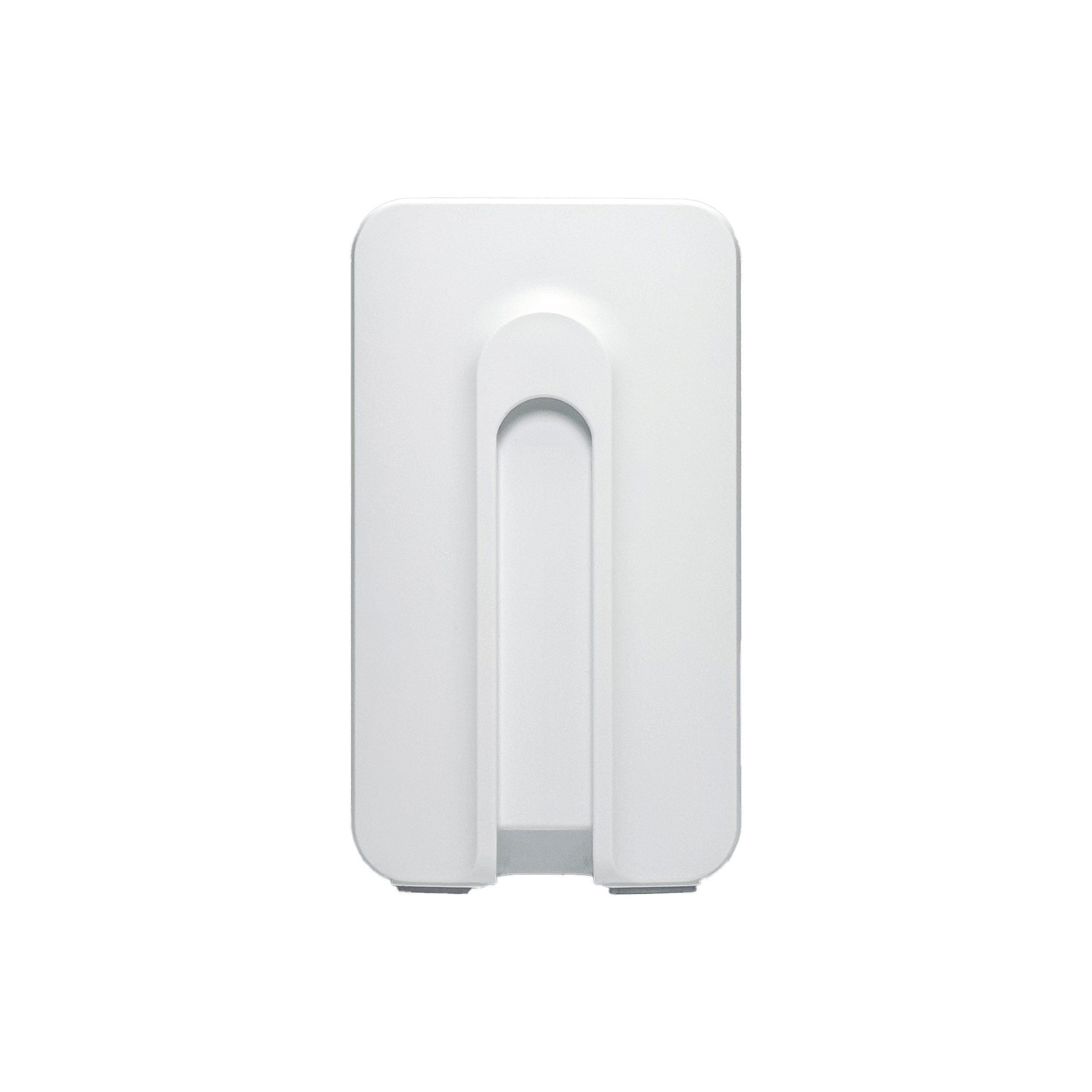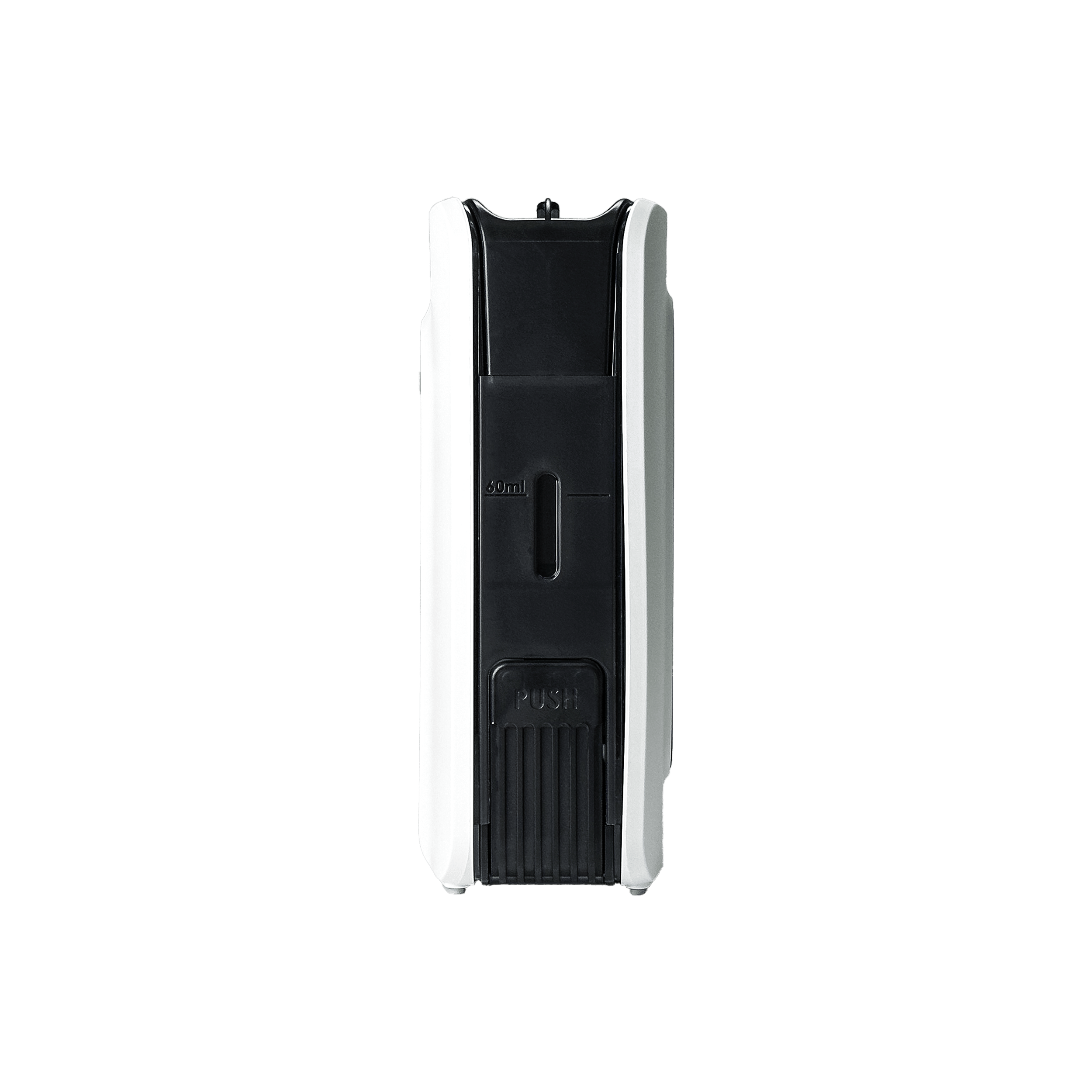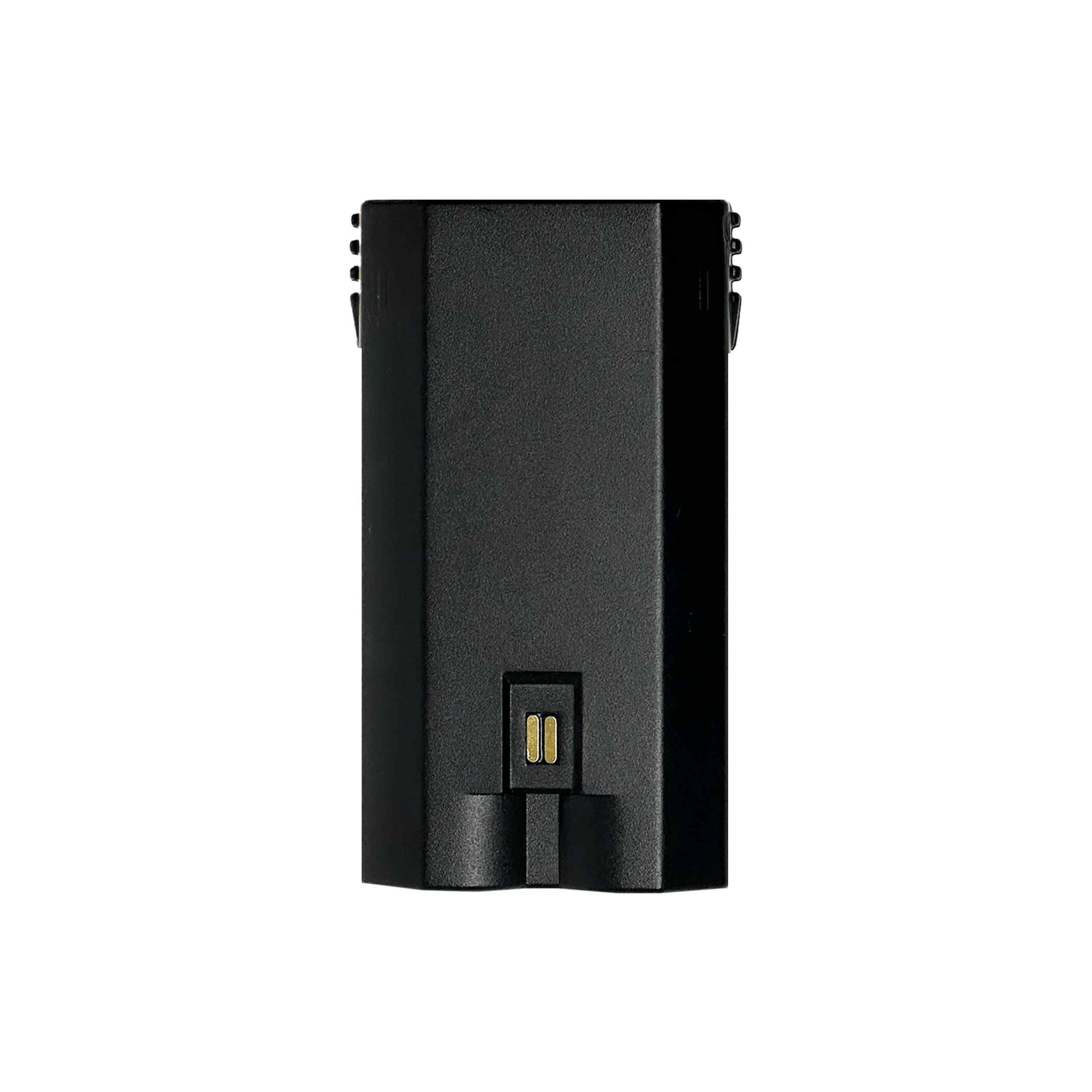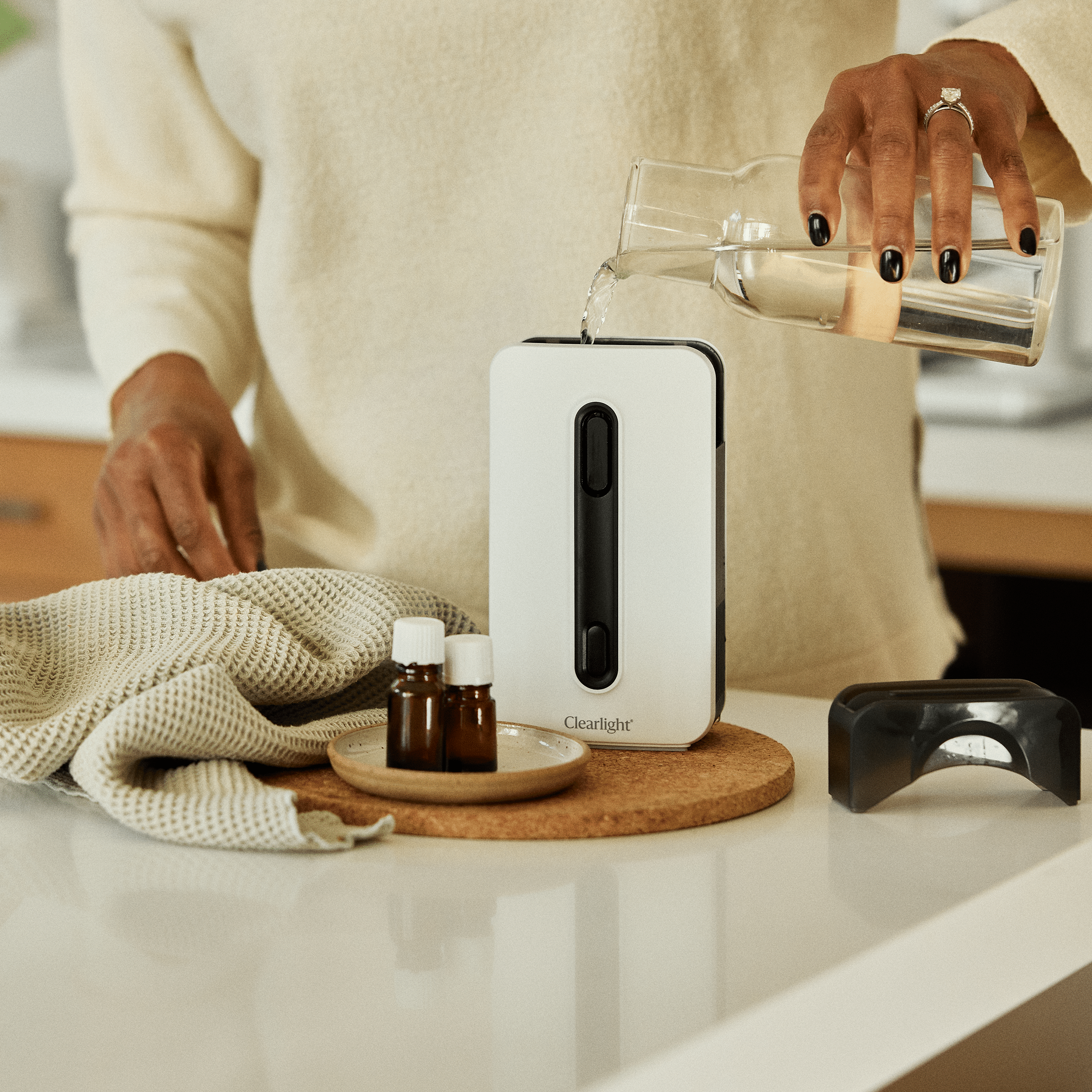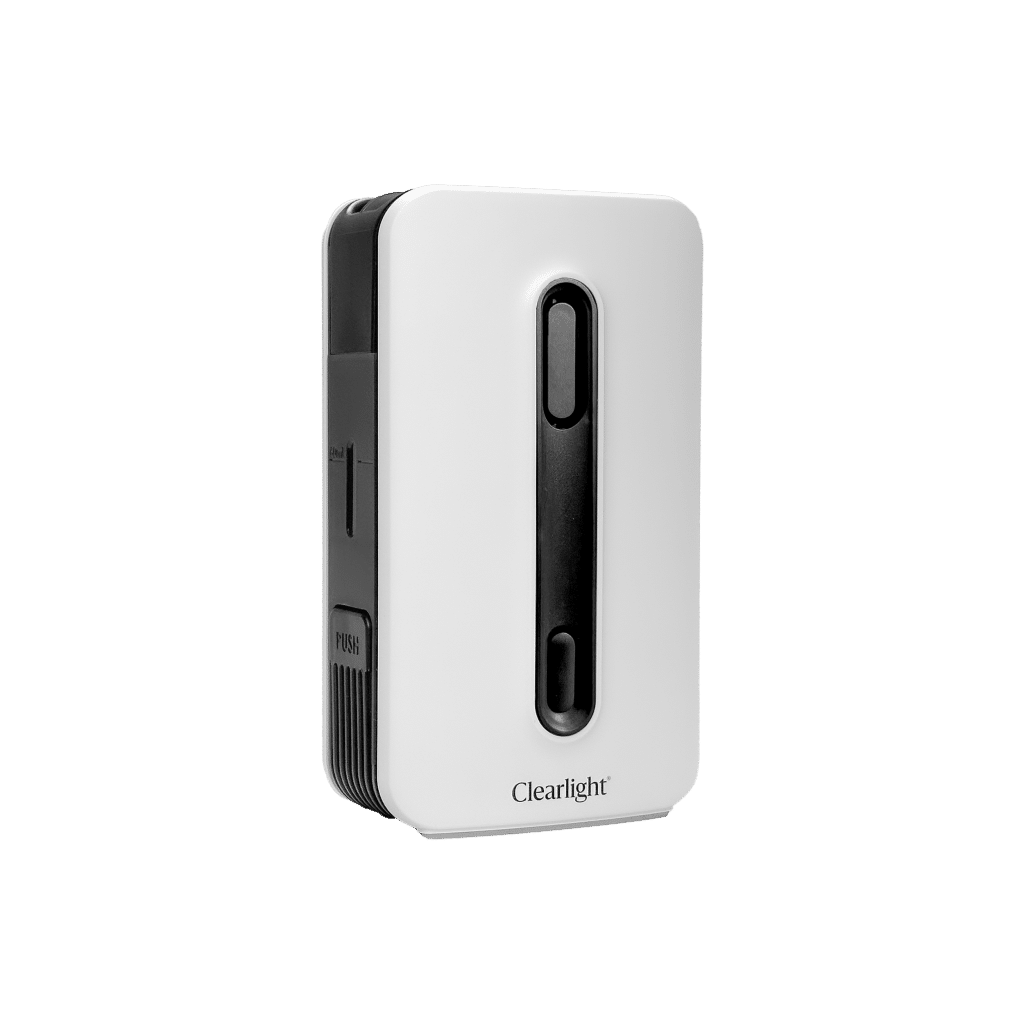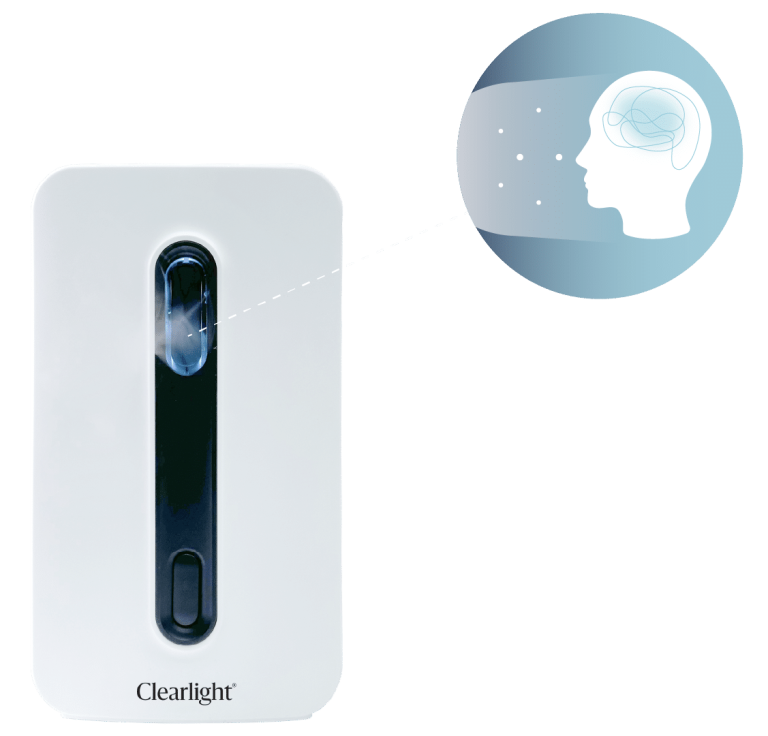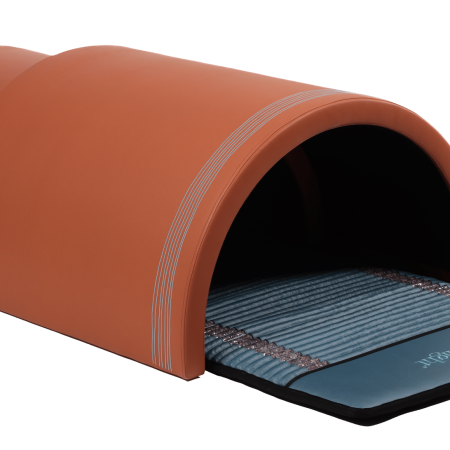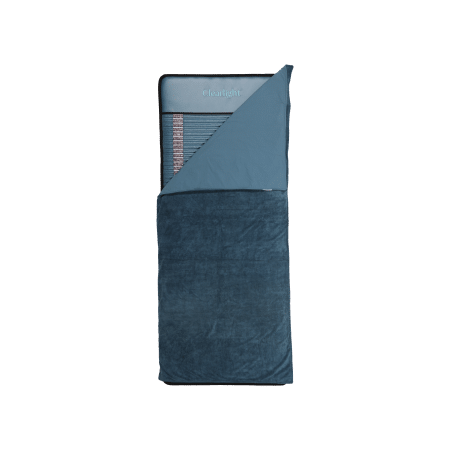Certain oils are not recommended or should be used with caution. Read each oil’s safety data before use. People with the following conditions should take caution with respect to the below listed oils:
Epilepsy – people with epilepsy or the risk of seizure should stay away from stimulating essential oils such as: sage, sweet fennel, hyssop, eucalyptus, and rosemary. Some oils that are safe: lavender and marjoram.
High Blood Pressure – avoid oils that will increase circulation and adrenaline: rosemary, peppermint, hyssop, thyme, eucalyptus, and sage.
Low Blood Pressure – avoid oils that are overly sedating clary sage, ylang ylang, and lavender in very high doses.
Pregnancy – Essential oils can have enormous benefits for pregnant women and as long as they are used according to the dosage chart, can help women have a more pleasant pregnancy and delivery. Keep dosages down to 1 percent essential oils per dilution as per the dosage chart. Avoid the following essential oils: aniseed, basil, cinnamon, fennel, hyssop, juniper, marjoram, myrrh, nutmeg, oregano, parsley, pennyroyal, rosemary, sage, and tagetes. Oils that are safe during the entire pregnancy: bergamot, grapefruit, lemon, lime, mandarin, neroli, palmarosa, petitgrain, rosewood, sandalwood, spearmint, orange, tea tree, vetiver, and ylang ylang. Oils that are safe after the first trimester: chamomile roman, eucalyptus radiata, ginger, lavender, jasmine, and rose (should not be used until ready to go into labor). Oils that are safe for use in the third trimester or during delivery: cedarwood, clary sage, cypress, peppermint, pine, rosemary, and spruce.
Babies & Children under 5 yrs – Keep dosages down to 1% essential oils per dilution as per the dosage chart. Avoid the following essential oils: aniseed, basil, camphor, cinnamon bark, clove bud, clove leaf, eucalyptus radiata fennel, hyssop, juniper, lemongrass, marjoram, nutmeg, oregano, parsley seed, peppermint (under 12), pennyroyal, sage, savory, tagetes, and thyme.

